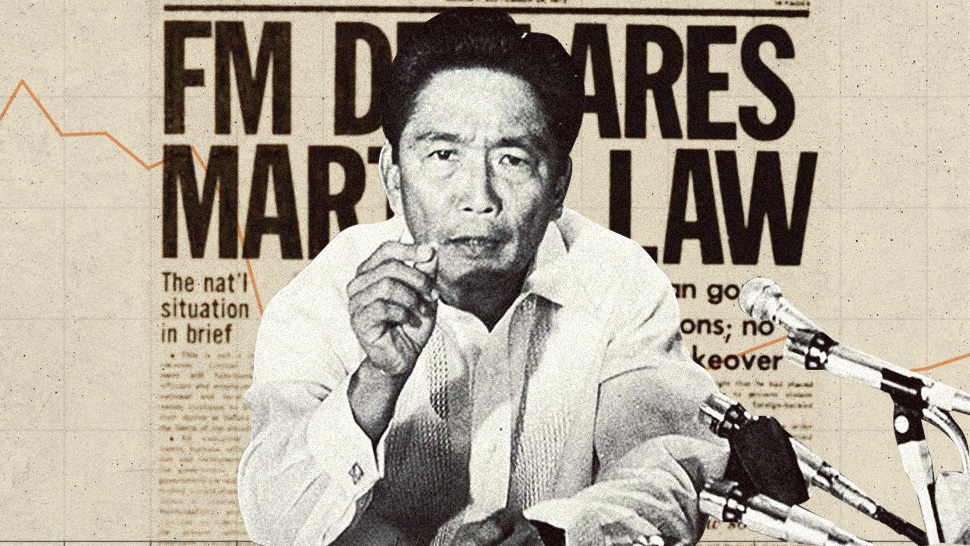
Martial law meaning in history trial#
The Civil War being safely over, however, a divided Court, in the elaborately argued Milligan case, 228 reverting to the older doctrine, pronounced President Lincoln’s action void, following his suspension of the writ of habeas corpus in September, 1863, in ordering the trial by military commission of persons held in custody as “spies” and “abettors of the enemy.” The salient passage of the Court’s opinion bearing on this point is the following: “If, in foreign invasion or civil war, the courts are actually closed, and it is impossible to administer criminal justice according to law, then, on the theater of active military operations, where war really prevails, there is a necessity to furnish a substitute for the civil authority, thus overthrown, to preserve the safety of the army and society and as no power is left but the military, it is allowed to govern by martial rule until the laws can have their free course. The decision in the Prize Cases, 227 although not dealing directly with the subject of martial law, gave national scope to the same general principle in 1863. 226 In this case, the Court found that the Rhode Island legislature had been within its rights in resorting to the rights and usages of war in combating insurrection in that state. Borden 225 that state declarations of martial law were conclusive and therefore not subject to judicial review.

In the early years of the Supreme Court, the American judiciary embraced the latter theory as it held in Luther v. 224 By the second theory, martial law can be validly and constitutionally established by supreme political authority in wartime. The first, which stems from the Petition of Right, 1628, provides that the common law knows no such thing as martial law 223 that is to say, martial law is not established by official authority of any sort, but arises from the nature of things, being the law of paramount necessity, leaving the civil courts to be the final judges of necessity.

Two theories of martial law are reflected in decisions of the Supreme Court. The President shall be Commander in Chief of the Army and Navy of the United States, and of the Militia of the several States, when called into the actual Service of the United States he may require the Opinion, in writing, of the principal Officer in each of the executive Departments, upon any Subject relating to the Duties of their respective Office, and he shall have Power to grant Reprieves and Pardons for Offences against the United States, except in Cases of Impeachment.


 0 kommentar(er)
0 kommentar(er)
